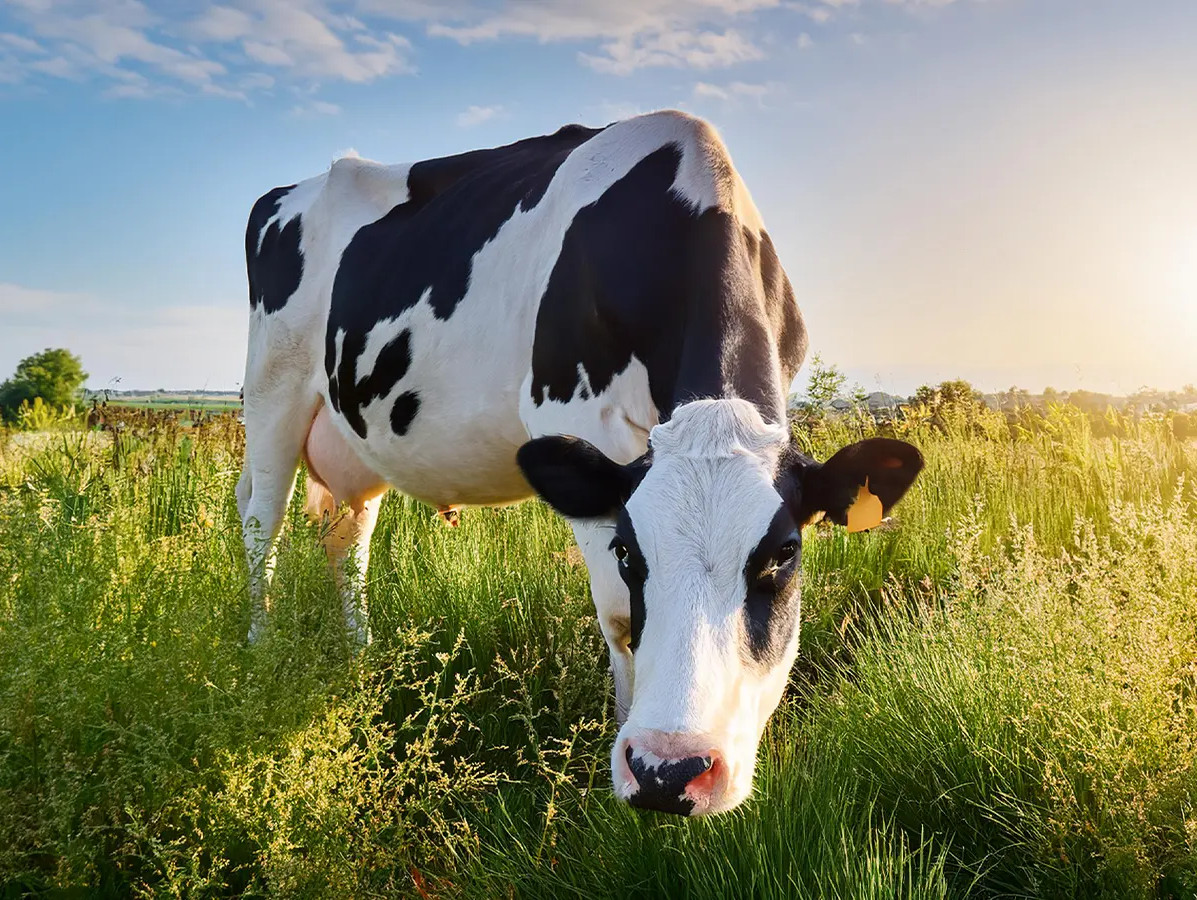
Research conducted within the BioDiverseMelk project has shown that specific grassland herbs in the diet of dairy cows can lead to a 30% reduction in methane emissions. In addition, these herbs positively affect the fatty acid composition of milk, contributing to more sustainable farming practices.
Led by associate professor Marije Strikwold from Van Hall Larenstein University of Applied Sciences (HVHL), the project began in September 2021 and will run until August 2025. BioDiverseMelk focuses on studying the effects of grassland herbs on milk composition, methane, and nitrogen emissions. The project is a collaboration between HVHL, Wageningen University & Research (WUR), FrieslandCampina, and Limagrain, providing dairy farmers with scientifically backed tools to produce more sustainably.
Trials at WUR's Dairy Campus in Leeuwarden included fresh herbs such as chicory and narrowleaf plantain. Feeding fresh chicory resulted in a 30% reduction in methane emissions compared to fresh grass. This effect is likely due to chicory's digestibility and the presence of bioactive compounds like tannins. Trials with narrowleaf plantain also showed a reduction, though less pronounced than with chicory. Research on red clover and its effects on nitrogen emissions is still ongoing.
In addition to reducing methane emissions, the researchers also observed a change in milk composition. Cows fed chicory or narrowleaf plantain produced milk with a higher content of polyunsaturated fatty acids. These fatty acids are considered healthy, offering an additional benefit for both dairy farmers and consumers.
Source: Hogeschool Van Hall Larenstein